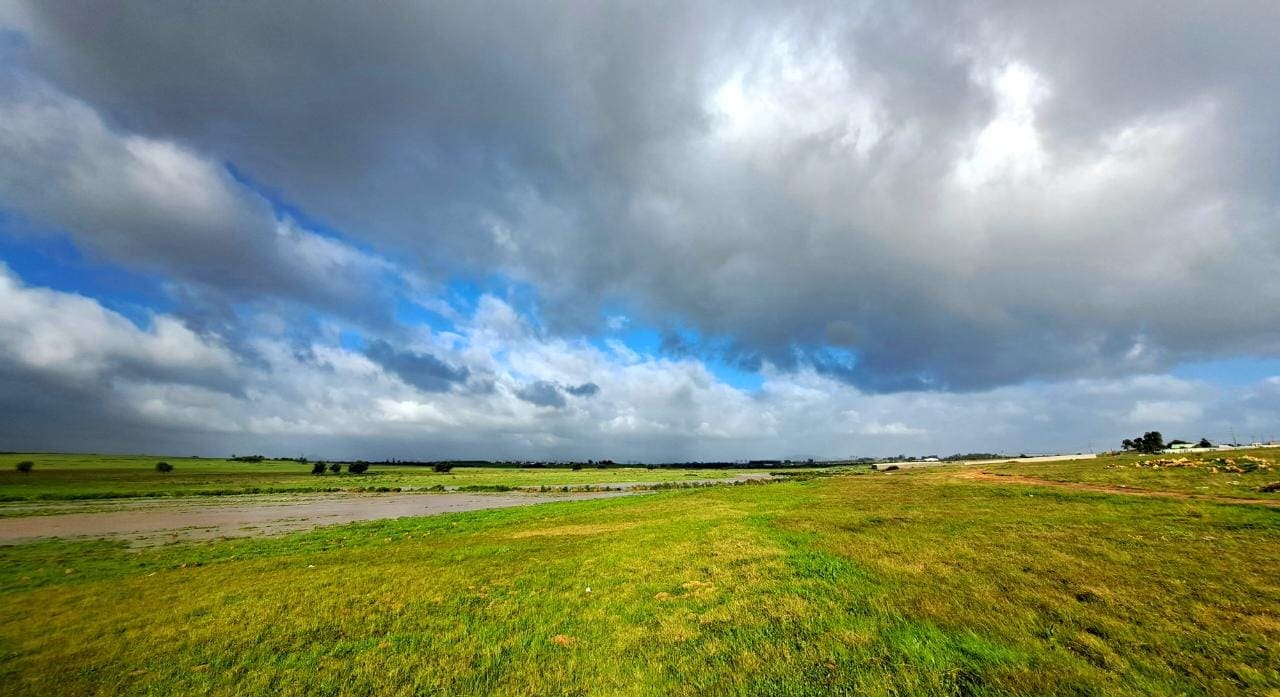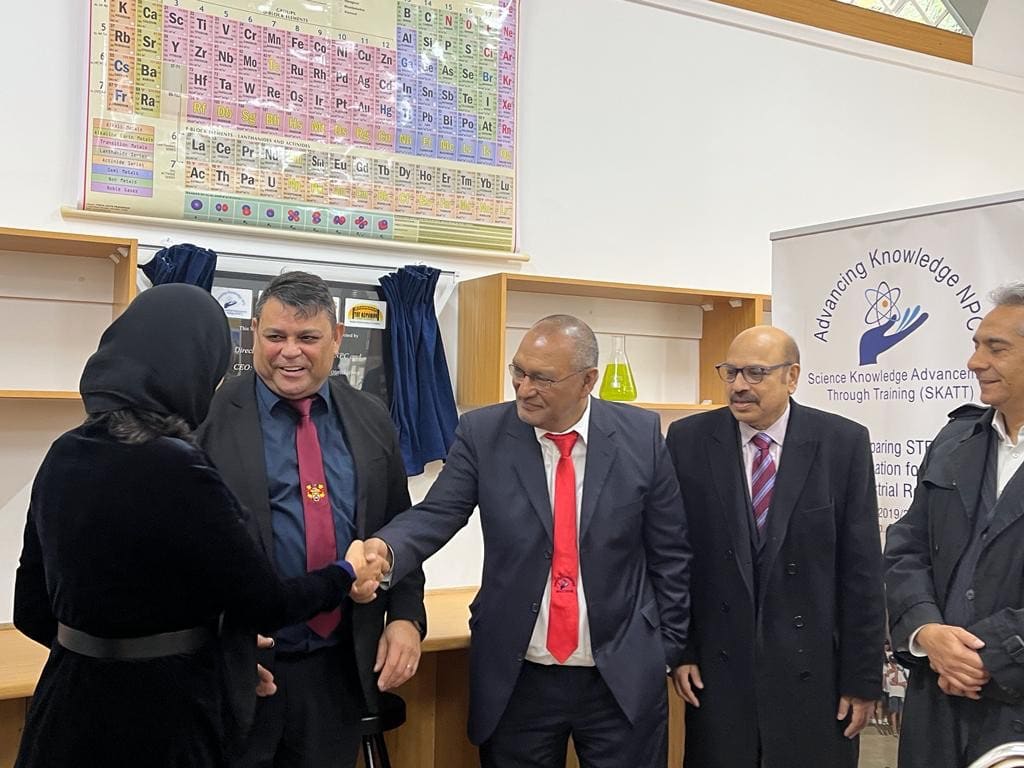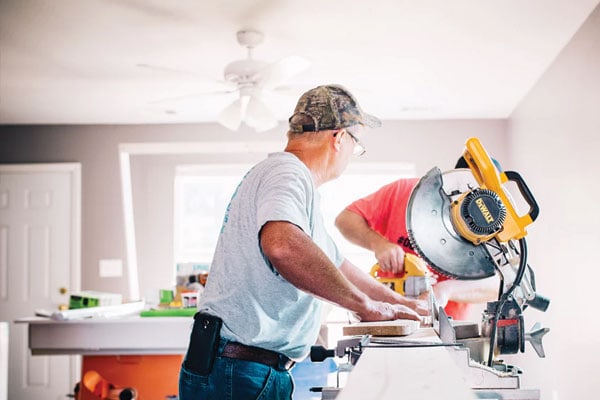In 2017, Garden Cities implemented the Mosselbank River Rehabilitation programme, which since its inception has been guided by a Conservation Management Plan co-ordinated by VULA Environmental Services. The river is a non-perennial tributary of the Diep River and flows in a north-north-westerly direction through Garden Cities’ Greenville housing development.
A section of the conservation management plan addresses existing bank erosion problems along the river’s channels, by reshaping and stabilising the affected sections through the use of “soft engineering” or “bio-engineering” approaches. Soft engineering uses the natural environment to help reduce coastal erosion and/or river flooding.
VULA applied soft engineering by means of earthworks that cut back stream embankments to a stable gradient not less than 1:4 and by re-linking low-lying areas in the river corridor.
This created several seepage areas which allowed the heavy flood waters in June 2023 to be dispersed and retained, reducing infrastructural damage downstream. The temporary ponding of water also brought many bird species to the area. Wetlands play a crucial role in mitigating the impacts of floods and are essential components of a healthy and resilient ecosystem. World Wetlands Day, celebrated annually on February 2 aims to raise global awareness of the vital role of wetlands in the lives of people and the planet.
The goal of the Mosselbank River Rehabilitation project is to restore the river to a semi-natural state which can become a thriving environment with a range of benefits for the local Greenville community. This has required a lot of intense groundwork including:
- Daily litter runs
- Clearing illegal dumping hot spots
- Alien vegetation clearing such as Port Jacksons
- Hand Weeding of Patterson Curse for example
- Planting, seeding and translocation of plants
- Seed collection to ensure sustainability of biodiversity
- Maintaining river edges after floods or erosion caused by stray cattle
- Keeping stray cattle off the river
- Monitoring veld fires
- Monitoring water quality
It is anticipated that the rehabilitation, with the help of river’s custodians, the Mosselbank River Conservation Team, will assist in revitalising ecosystem services. This will include water quality, flood attenuation, sediment trapping, biodiversity maintenance and the provision of water and natural resources.
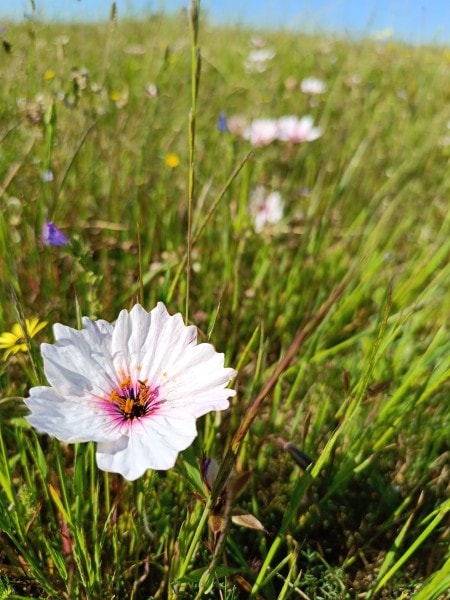
Greenville Environmental Education (EE) Collaborative
A sub-objective of this body is to establish meaning and identity through formalisation. This includes an action-based steering committee, with goals and implementation agents. The MRCT is also registered as a non-profit with a board and steering committee to coordinate the EE collaborative.
Since its inception in 2017, interest has increased significantly as the team builds its “brand” among local residents and other stakeholders and NGOs in the wetlands and environmental sector. Social media also plays a valuable part in exposing the MRCT efforts.
This is a volunteer programme and there are no incentives, however, the children are learning valuable soft skills such as communication, listening, problem-solving, leadership, and empathy while gaining knowledge of the local wetlands.
In 2023, the MRCT was part of a Learnership Programme with Nature Connect where three of its members got a Conservation Management Certificate
The MRCT was also awarded Grant Funding to implement an Eco-club for youth – The Mosselbank Wetland Wonderers.
Volunteering also looks good on CVs – So there are indirect incentives. Garden Cities (NPC) (RF) was the catalyst in the establishment of this programme and team, recognising as they do the benefits to the Greenville Residential development.
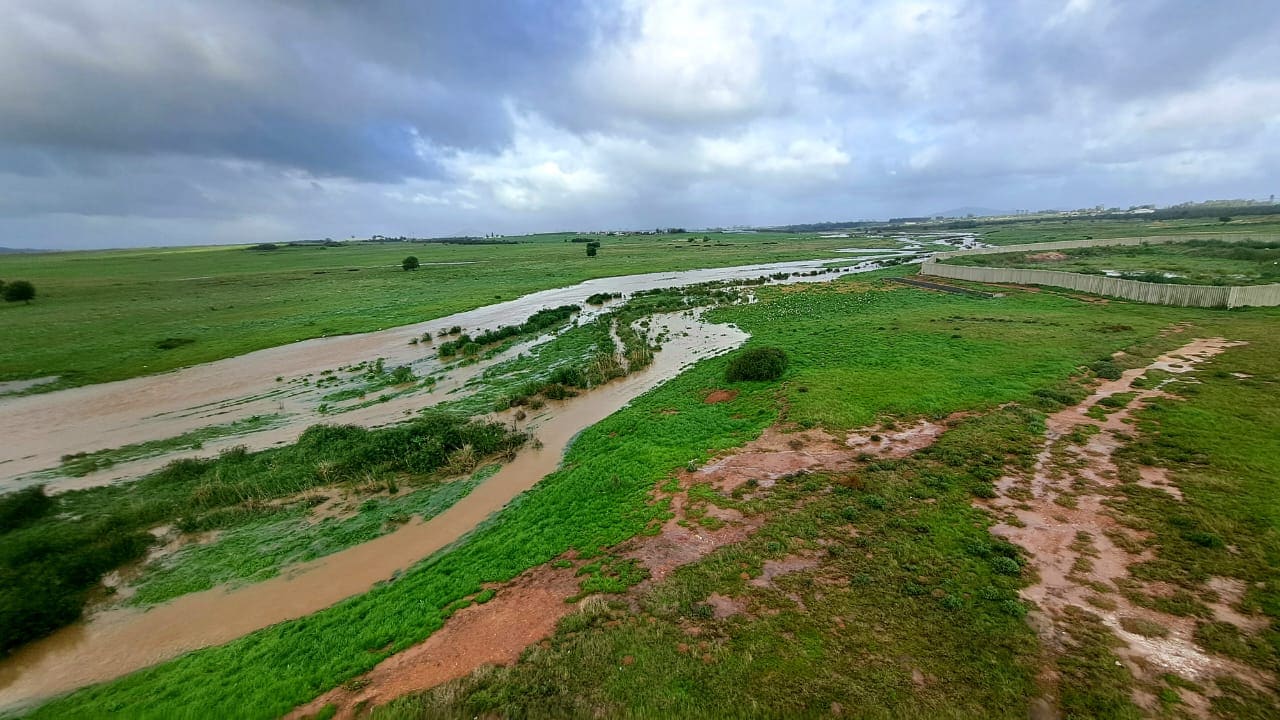
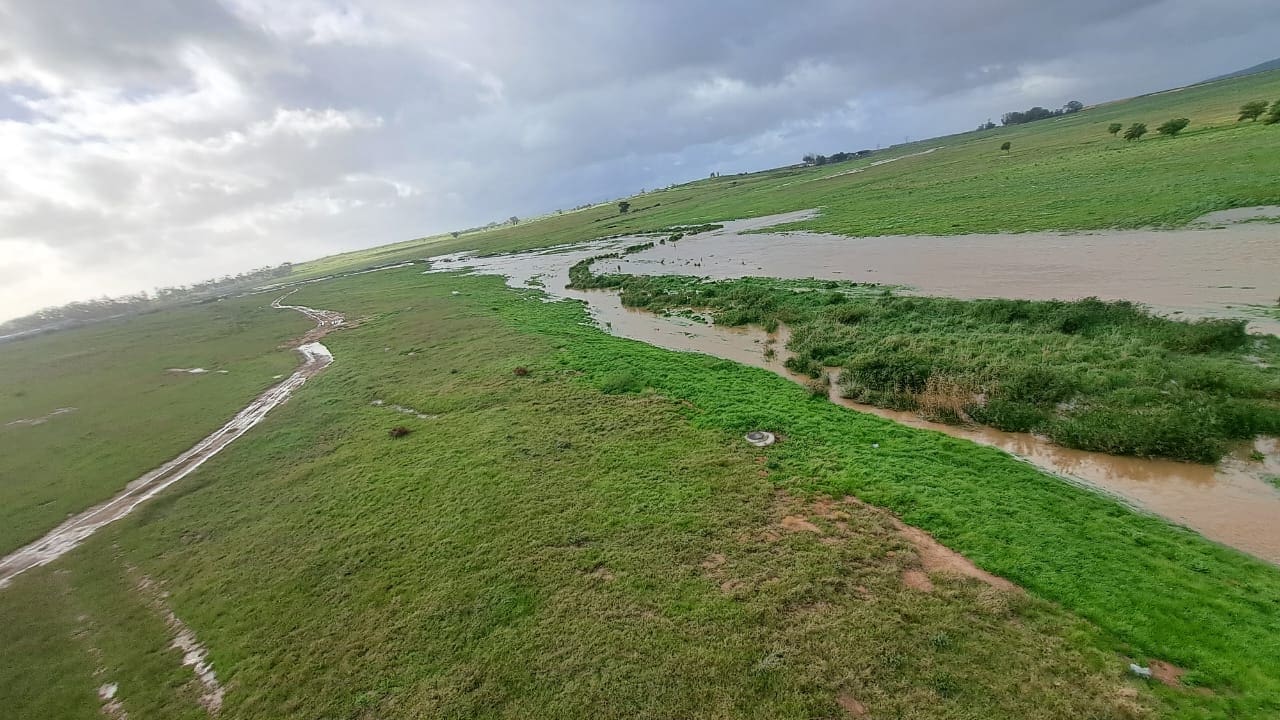
Aerial photographs show the river in flood, demonstrating how well the rehabilitation is doing its job.

